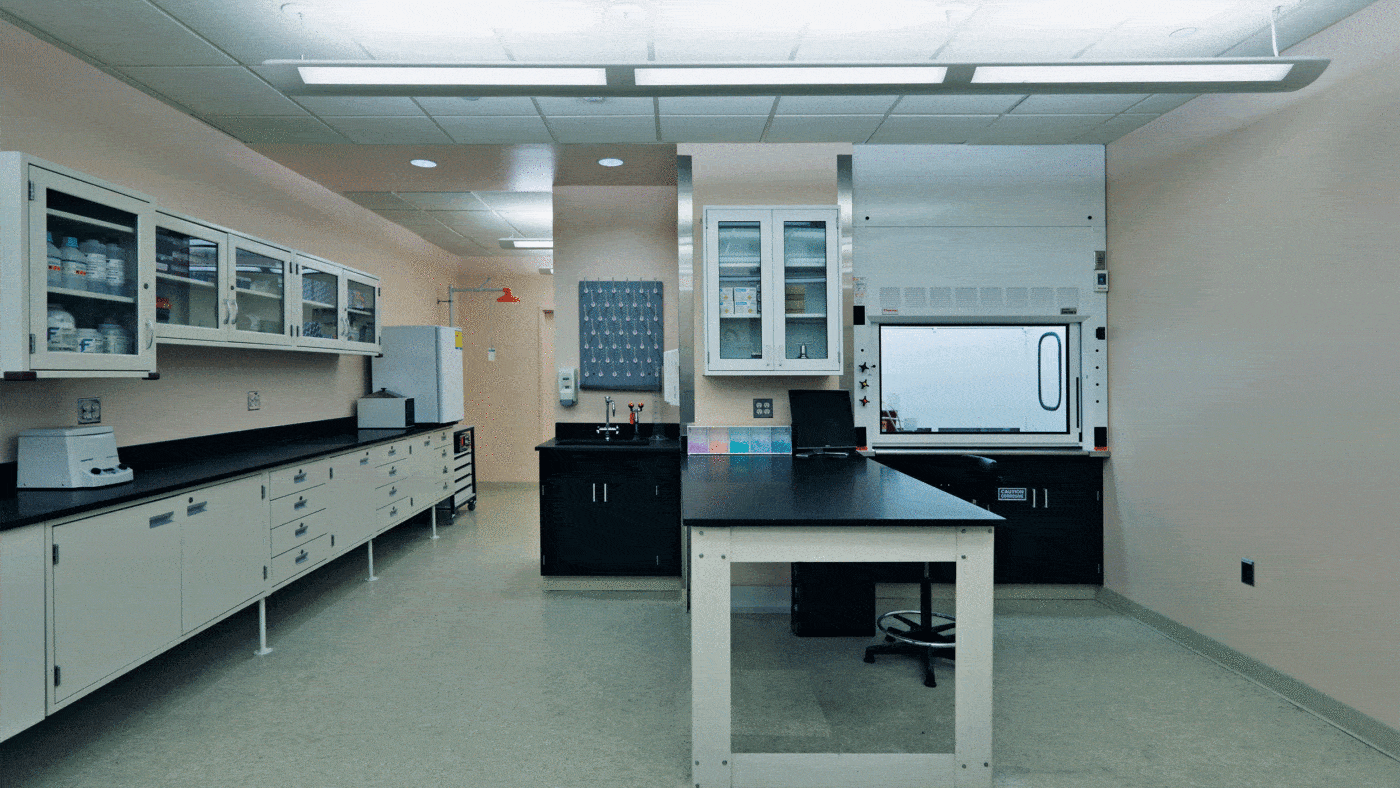What do the discovery of penicillin, the invention of the integrated circuit and the identification of graphene all have in common? If your first answer is that they all won their scientists the Nobel Prize, then you’re right. Another important but perhaps less obvious similarity is that they all occurred in laboratories. And what was notable about those laboratories? Well, the key thing is that they existed in the first place.
This might sound trite, but a basic part of supporting scientific discovery is making sure that it has somewhere to occur at all. And if the Government is trying to make good on its commitment to make the UK a scientific superpower, or, as the Chancellor put it, to ‘build the world’s next Silicon Valley’, then delivering an ample supply of high quality laboratory and industrial space is absolutely critical. Put bluntly, if the UK is going to host the researchers, engineers and technicians who are inventing the future, they’ll need somewhere to do that inventing.
However, the Government is spectacularly failing to make sure those needs are met. The figures are stark: despite estimated laboratory demand of 335,000sq ft per year across Oxford and Cambridge, new supply has been less than 150,000sq ft annually. This equates to more than 200,000sq ft of unmet demand each year.
As a result, rents have soared. Laboratory space in Oxford and Cambridge costs almost £50 per sq ft, more than twice that of rival European cities like Amsterdam or even Paris. London is more expensive still, with annual rents having reached an eye-watering £92 per sq ft – 25% higher than office space in the City. This failure to build has a price: high rents represent cash that wasn’t spent on salaries or R&D. Crucially, international competitors aren’t standing still. In Boston alone, ground was broken on more than 3.9m sq ft of lab space last year. If the UK doesn’t act, researchers may decide to listen to their wallets.
The UK is also not building enough industrial space: sector land values have increased by 163% in the three years to 2022, with rent having grown faster than inflation every year for the past decade. One firm estimates this reflects an extraordinary 10m sq ft of demand for industrial space which was never constructed. The failure to build industrial space matters less for discovery, but more for the economy at large. Inventing new technology is great, but jobs and growth come from turning that idea into a successful company. Without manufacturing space, you can’t do that.
Regular readers of this website may be able to guess the culprit for the lack of space: the planning system. As others have detailed more thoroughly, it creates huge costs and uncertainty for developers, often imposing nonsensical and unpredictable conditions even where consent is granted.
The Wellcome Sanger Institute’s (WSI) 2021 quest to win approval for building a small and temporary lab is a case in point. WSI had to submit hundreds of pages of documentation, and even when South Cambridgeshire District Council did grant permission, it was subject to strict conditions. These included rules on machinery usage (ostensibly to protect people living nearby), and requiring separate approval of an ‘artificial lighting scheme’ identifying areas ‘particularly sensitive for bats’. For those wondering, the temporary lab was in the middle of WSI’s existing estate, with nothing but empty fields, car parks and more labs for 150m in every direction. The nearest home was more than 400m away from the site, on the other side of both a river and train tracks. With barriers like this, is it any wonder that labs aren’t being built?
Luckily, there is a solution. In a report published today by the CPS, we set out ways the Government could reduce cost and uncertainty for laboratory and industrial developers. These measures would reduce council’s abilities to impose bizarre and arbitrary conditions on lab space, as well as making some forms of expansion and conversion easier. What’s more, these wouldn’t require new primary legislation, and could almost entirely be done under existing law.
While the report, ‘Cashing in our chips: How to strengthen the UK’s semiconductor sector’, was written with semiconductors in mind, its recommendations are important for all sectors relying on scientific discovery, including AI, quantum computing and our life sciences industries.
The Government has set out how boosting emerging technology sectors is central to growth. And while creating a new Department for Science is a good step forward, the less glamorous work of supplying space is key too. If the UK fails to act, the industries of the future will still exist. But we shouldn’t be surprised if they end up somewhere else.
Click here to subscribe to our daily briefing – the best pieces from CapX and across the web.
CapX depends on the generosity of its readers. If you value what we do, please consider making a donation.


